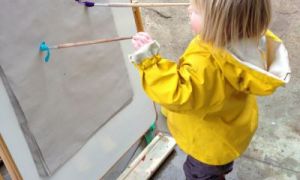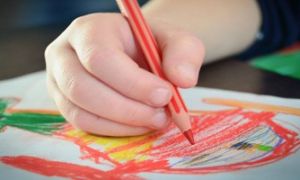The language development of a school age child is quite vast and typically a wide variety of words are used to communicate thoughts, ideas and feelings. They often get over excited while talking, which may result in stuttering but normally this is only temporary. At this age, speech is of second nature and both speech and language are easily understood. School age children will also enjoy manipulating words by mimicking or teasing and begin to experiment with popular school chants and tongue twisters. Riddles and jokes are also common by this stage as they continue to build upon their vocabulary.
Language Development Milestones from 6 years+
- makes few grammatical errors while speaking
- understands opposites
- may begin to stutter when excited or tired (typically only temporary)
- uses and understands prepositions (in, out, over, under, etc.) and personal pronouns (I, me, myself, etc.)
- understands analogies
- uses simple comprehension in family, social environments and school
- begins to experiment with tongue twisters
- communicates effectively in social settings (school, playground, and classroom)
- knows similarities and opposites
- able to communicate efficiently with peers and adults
- understands and uses more complex grammar
- understands within the classroom
- enjoys riddles and telling jokes
During this stage, school age children have an increased awareness of vocabulary and words which they continue to extend as they learn new words. Conversations are a lot more detailed and can be sustained for a longer period of time, than previously. Overall at this point, a school age child will develop a wider vocabulary and will seek meaning and use of new words learnt. This is definitely the time to extend upon language development by introducing new and exciting words that they can use in the future.




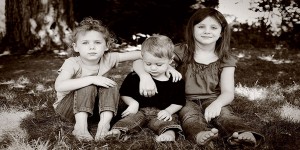
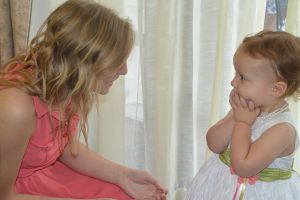
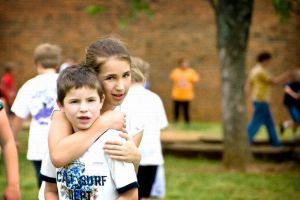
 Toddlers have a greater understanding of the world around them by this stage. Their cognitive development (also known as intellectual development and thinking skills) continues
Toddlers have a greater understanding of the world around them by this stage. Their cognitive development (also known as intellectual development and thinking skills) continues Infants begin to develop trust when parents begin to fulfil their needs. Such as changing an infant's nappy when needed, feeding on request and holding
Infants begin to develop trust when parents begin to fulfil their needs. Such as changing an infant's nappy when needed, feeding on request and holding Beginning at birth the construction of thought processes, such as memory, problem solving, exploration of objects etc, is an important part of an infant’s cognitive
Beginning at birth the construction of thought processes, such as memory, problem solving, exploration of objects etc, is an important part of an infant’s cognitive Toddlers want to do more on their own and do not like it when you begin to establish limits on their behaviour. Tantrums can become
Toddlers want to do more on their own and do not like it when you begin to establish limits on their behaviour. Tantrums can become Your preschooler is now able to focus their attention more accurately and is less influenced by distractions. The intensity of questions increase as your child
Your preschooler is now able to focus their attention more accurately and is less influenced by distractions. The intensity of questions increase as your child John Dewey is often seen as the proponent of learning by doing – rather than learning by passively receiving. He believed that each child was active,
John Dewey is often seen as the proponent of learning by doing – rather than learning by passively receiving. He believed that each child was active, Toddler advance and gains new skills in Gross Motor Development milestones achieved throughout earlier years. Co-ordination and challenges that could not be performed before such
Toddler advance and gains new skills in Gross Motor Development milestones achieved throughout earlier years. Co-ordination and challenges that could not be performed before such Erik Erikson developed a psychosocial theory to understand how we each develop our identities through eight stages of psychosocial development from infancy to adulthood. The
Erik Erikson developed a psychosocial theory to understand how we each develop our identities through eight stages of psychosocial development from infancy to adulthood. The At this point preschoolers begin to interact effectively with others. Play becomes more innovative and organized and “boyfriend” or “girlfriend” begins to emerge. Preschoolers have
At this point preschoolers begin to interact effectively with others. Play becomes more innovative and organized and “boyfriend” or “girlfriend” begins to emerge. Preschoolers have From now, babies begin to identify and respond to their own feelings, understanding other's feelings & needs and interact positively with others. A baby's social and
From now, babies begin to identify and respond to their own feelings, understanding other's feelings & needs and interact positively with others. A baby's social and